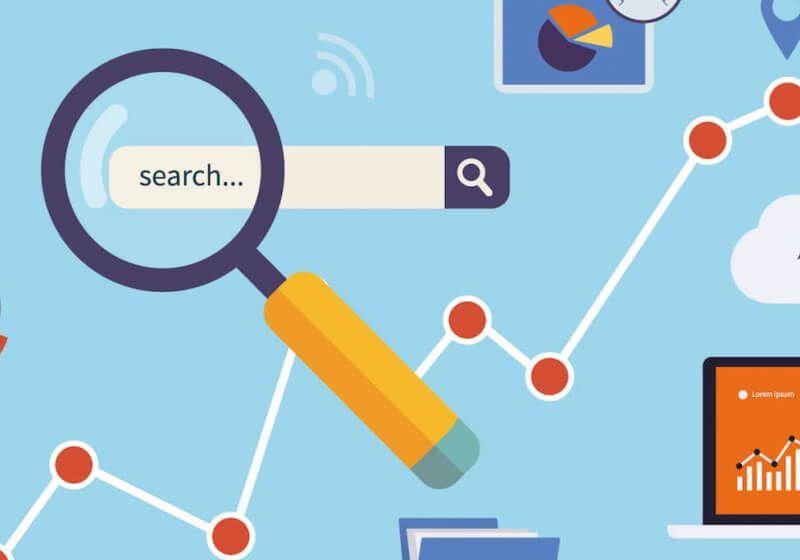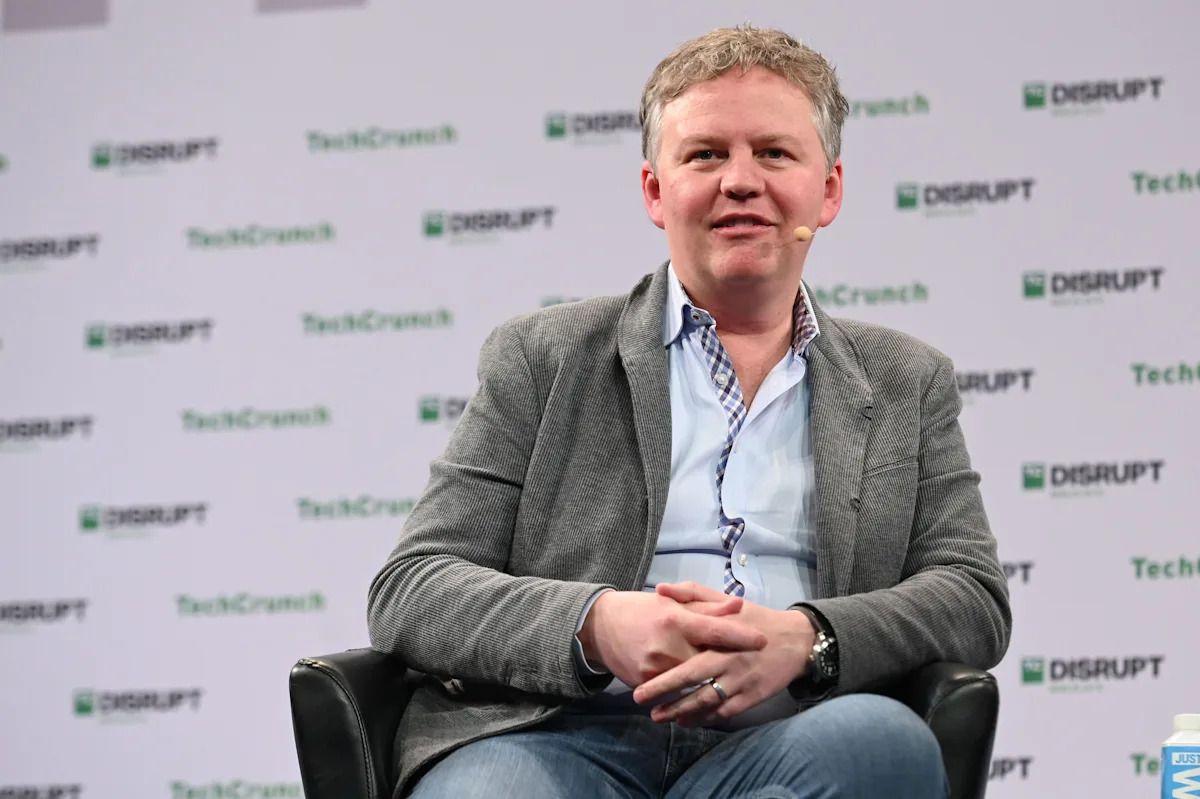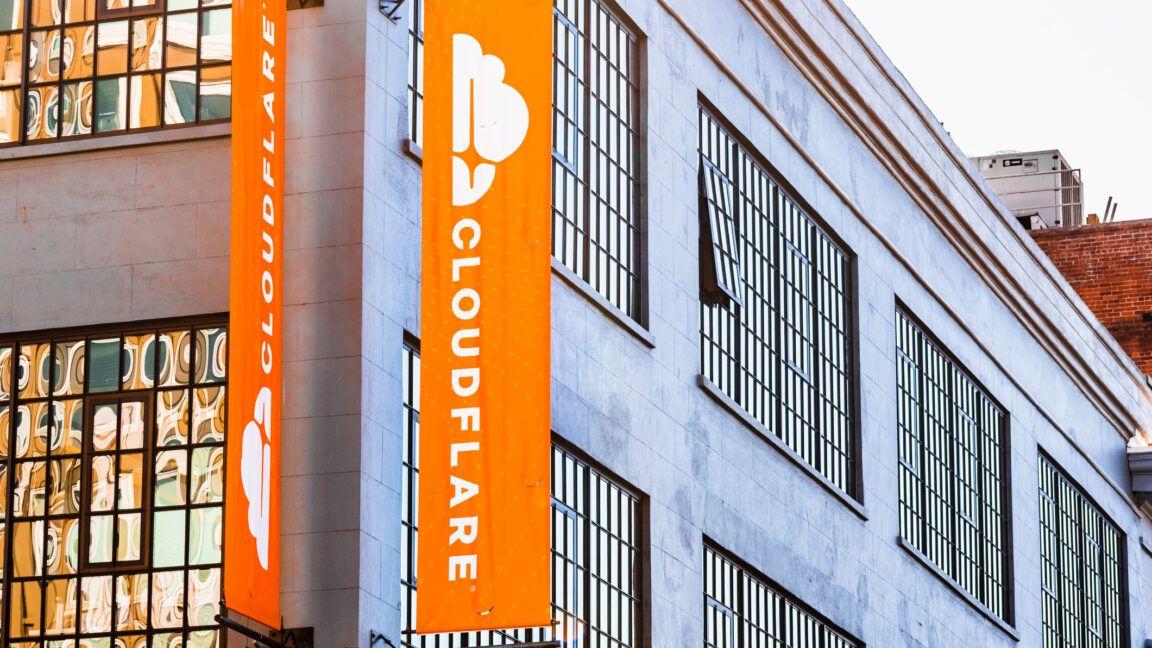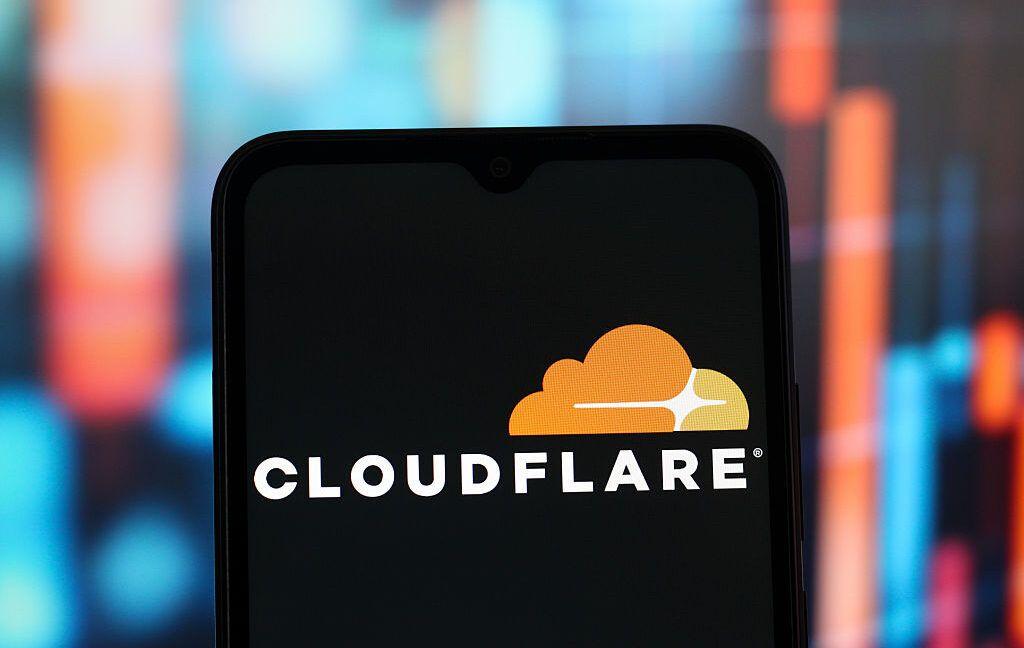Cloudflare CEO Warns of AI's Threat to Publishers as Traffic Referrals Plummet
3 Sources
3 Sources
[1]
Cloudflare CEO says people aren't checking AI chatbots' source links
He's encouraging publishers to make sure they're fairly compensated by AI companies taking their content. Companies that develop generative AI always make it a point to say that they include links to websites in the answers that their chatbots generate for users. But Cloudflare CEO Matthew Prince has revealed to Axios that search traffic referrals keep plummeting. Publishers are facing an existential threat, he said, because people aren't clicking through those chatbot links and are relying more and more on AI summaries without digging deeper. Prince told Axios that 10 years ago, Google sent a publisher one visitor for every two pages it had crawled. Six months ago, the ratio was one visitor for every six pages, and now it's one for every 18. OpenAI sent one visitor to a publisher for every 250 pages it crawled six months ago, while Anthropic sent one visitor for every 6,000 pages. These days, OpenAI sends one visitor to a publisher for every 1,500 pages, whereas Anthropic sends one visitor for every 60,000 pages. People have come to trust AI chatbots more over the past few months. The problem for publishers is that they don't earn from advertisements if people don't click through links leading to their websites, and that's why Prince is encouraging them to take action to make sure they're fairly compensated. Prince said Cloudflare is currently working on a tool to block bots that scrape content for large language models even if a web page already has a "no crawl" instruction. If you'll recall, several outlets had reported in 2024 that AI companies have been ignoring websites' Robots Exclusion Protocol, or robots.txt, files and taking their content anyway to train their technologies. Cloudflare has been looking for ways to block scrapers since last year. But it was only in March when Cloudflare officially introduced AI Labyrinth, which uses AI-generated content to "slow down, confuse, and waste the resources of AI Crawlers and other bots that don't respect 'no crawl' directives." It works by linking an unauthorized crawler a series of AI-generated pages that are convincing enough but don't actually have the contents of the site the tool it's protecting. That way, the crawler ends up wasting time and resources. "I go to war every single day with the Chinese government, the Russian government, the Iranians, the North Koreans, probably Americans, the Israelis, all of them who are trying to hack into our customer sites," Prince said. "And you're telling me, I can't stop some nerd with a C-corporation in Palo Alto?"
[2]
Cloudflare CEO warns AI crawlers and summaries are eroding the internet's business model
In context: Cloudflare CEO Matthew Prince recently reiterated his warning that generative AI crawlers and summaries threaten the foundations of the internet's business model. To protect publishers from a flood of artificial AI traffic that offers virtually no authentic site visits in return, the company is devising methods to combat AI scrapers. Speaking at an Axios event in Cannes last week, Prince explained that search engines and chatbots using generative AI to summarize web content have significantly reduced the number of human visitors to many websites. Even compared to six months ago, the problem has worsened considerably. Traditionally, for every six times Google crawled a website, one person might visit and potentially view ads. In contrast, the rate was about 250 to 1 with OpenAI's crawlers and 6,000 to 1 with Anthropic. Today, Cloudflare's CEO estimates that Google's crawl-to-visitor rate has declined to 18 to 1, OpenAI's has worsened to 1,500 to 1, and Anthropic's is approximately 60,000 to 1. This decline is likely because chatbots and search engines now save users the effort of visiting websites. Chatbots can retrieve and summarize information without the user needing to leave the chat interface, and AI overviews from major search engines now offer users answers before they click on search results. When Google first unveiled AI overviews, it claimed that the technology would boost traffic to the original sources of the summarized content. Similarly, large language models such as ChatGPT have recently started citing sources in their responses to help direct traffic back to content creators. However, Prince claims that users, by and large, aren't clicking on the footnotes. Instead, many many are accepting the AI's responses at face value, as trust in the technology has grown over the past six months. Aside from starving websites of traffic and revenue, the trend is potentially dangerous due to AI's known tendency to generate inaccurate or misleading information. In response, Cloudflare, which offers cybersecurity solutions for websites, has launched a new tool called the AI Labyrinth. This tool is designed to use generative AI against the crawlers themselves. Although websites can include instructions to block AI crawlers, many bots either bypass or ignore these directives. When the AI Labyrinth detects such behavior, it leads the bot through a maze of AI-generated links that no human would reasonably follow, causing the bot to waste time and computing resources. Despite how daunting it might seem to oppose AI giants like Google, Microsoft, and OpenAI, Prince emphasizes that Cloudflare has a strong track record of successfully defending its clients, even against attacks from powerful national governments.
[3]
Publishers facing existential threat from AI, Cloudflare CEO says
Publishers face an existential threat in the AI era and need to take action to make sure they are fairly compensated for their content, Cloudflare CEO Matthew Prince told Axios at an event in Cannes on Thursday. Why it matters: Search traffic referrals have plummeted as people increasingly rely on AI summaries to answer their queries, forcing many publishers to reevaluate their business models. Startling stat: Ten years ago, Google crawled two pages for every visitor it sent a publisher, per Prince. Between the lines: "People aren't following the footnotes," Prince said. What to watch: Prince said Cloudflare is working on a new tool that will stop content scraping. The bottom line: Prince is optimistic Cloudflare can pull this off.
Share
Share
Copy Link
Cloudflare CEO Matthew Prince highlights the existential threat AI poses to publishers as search traffic referrals decline dramatically, urging action to ensure fair compensation for content.
AI Chatbots Threaten Publishers' Traffic and Revenue
Cloudflare CEO Matthew Prince has raised alarm bells about the existential threat that artificial intelligence (AI) chatbots pose to publishers. In recent statements, Prince highlighted a dramatic decline in search traffic referrals as users increasingly rely on AI-generated summaries instead of visiting source websites
1
.
Source: Axios
Plummeting Referral Rates
Prince revealed startling statistics about the decline in visitor referrals:
- Ten years ago: Google sent one visitor for every two pages crawled
- Six months ago: One visitor for every six pages crawled
- Currently: One visitor for every 18 pages crawled
2
The situation is even more dire for AI companies:
- OpenAI: Referral rate declined from 1:250 to 1:1,500 in six months
- Anthropic: Referral rate plummeted from 1:6,000 to 1:60,000
1
The Root of the Problem
Prince attributes this decline to users' growing trust in AI chatbots and their tendency to accept AI-generated responses without verifying sources. "People aren't following the footnotes," he stated
3
. This behavior is starving publishers of traffic and ad revenue, as users no longer need to visit websites to access information.Implications for Publishers and Internet Business Model
The trend poses a significant threat to the traditional internet business model, where publishers rely on site visits for ad revenue. Despite claims from AI companies that they include source links in their responses, users are not clicking through these links, leaving publishers without compensation for their content
1
.Related Stories
Cloudflare's Response: AI Labyrinth
To combat this issue, Cloudflare has introduced a new tool called AI Labyrinth. This innovative solution uses AI-generated content to confuse and slow down AI crawlers and bots that ignore "no crawl" directives
2
. The tool works by:- Detecting unauthorized crawlers
- Leading them through a maze of AI-generated links
- Wasting the crawler's time and computing resources

Source: TechSpot
Prince emphasized Cloudflare's commitment to protecting its clients, stating, "I go to war every single day with the Chinese government, the Russian government, the Iranians, the North Koreans, probably Americans, the Israelis, all of them who are trying to hack into our customer sites. And you're telling me, I can't stop some nerd with a C-corporation in Palo Alto?"
1
Call to Action for Publishers

Source: Engadget
Prince is urging publishers to take action to ensure fair compensation for their content in the AI era. He suggests that publishers need to reevaluate their business models and find ways to protect their content from unauthorized use by AI companies
3
.As the battle between content creators and AI companies intensifies, the future of online publishing hangs in the balance. The industry will need to adapt quickly to these technological changes to survive and thrive in the AI-dominated landscape.
References
Summarized by
Navi
[2]
Related Stories
Recent Highlights
1
ByteDance's Seedance 2.0 AI video generator triggers copyright infringement battle with Hollywood
Policy and Regulation

2
Demis Hassabis predicts AGI in 5-8 years, sees new golden era transforming medicine and science
Technology

3
Nvidia and Meta forge massive chip deal as computing power demands reshape AI infrastructure
Technology








